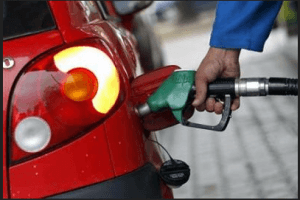UN lauds end of leaded fuel era, but warns of bumpy road ahead
 The United Nations Environment Programme (UNEP) announced on Monday that after a 19-year campaign against the use of leaded petrol, the last stocks of the once-standard fuel were used up in Algeria in July.
The United Nations Environment Programme (UNEP) announced on Monday that after a 19-year campaign against the use of leaded petrol, the last stocks of the once-standard fuel were used up in Algeria in July.
At an event in Nairobi to mark the occasion, UNEP head Inger Andersen called the news a “huge milestone for global health and our environment.”
Leaded petrol, which was standard around the world in the 1970s, has been proven to pollute air, soil and drinking water and can cause heart disease, strokes and cancer. The tetraethyllead contained in the fuel is also believed to negatively affect human brain development, especially in children.
Most European countries banned leaded petrol in the 1980s and 1990s, and the fuel was finally banned at the EU level in 2000. In 2015, oil producers Iraq and Algeria agreed to finally phase out leaded fuel.
Despite the progress, road vehicles are responsible for almost a quarter of global greenhouse gas emissions, a proportion that is expected to rise to a third by 2050, as worldwide car ownership continually expands.
Source: GNA
